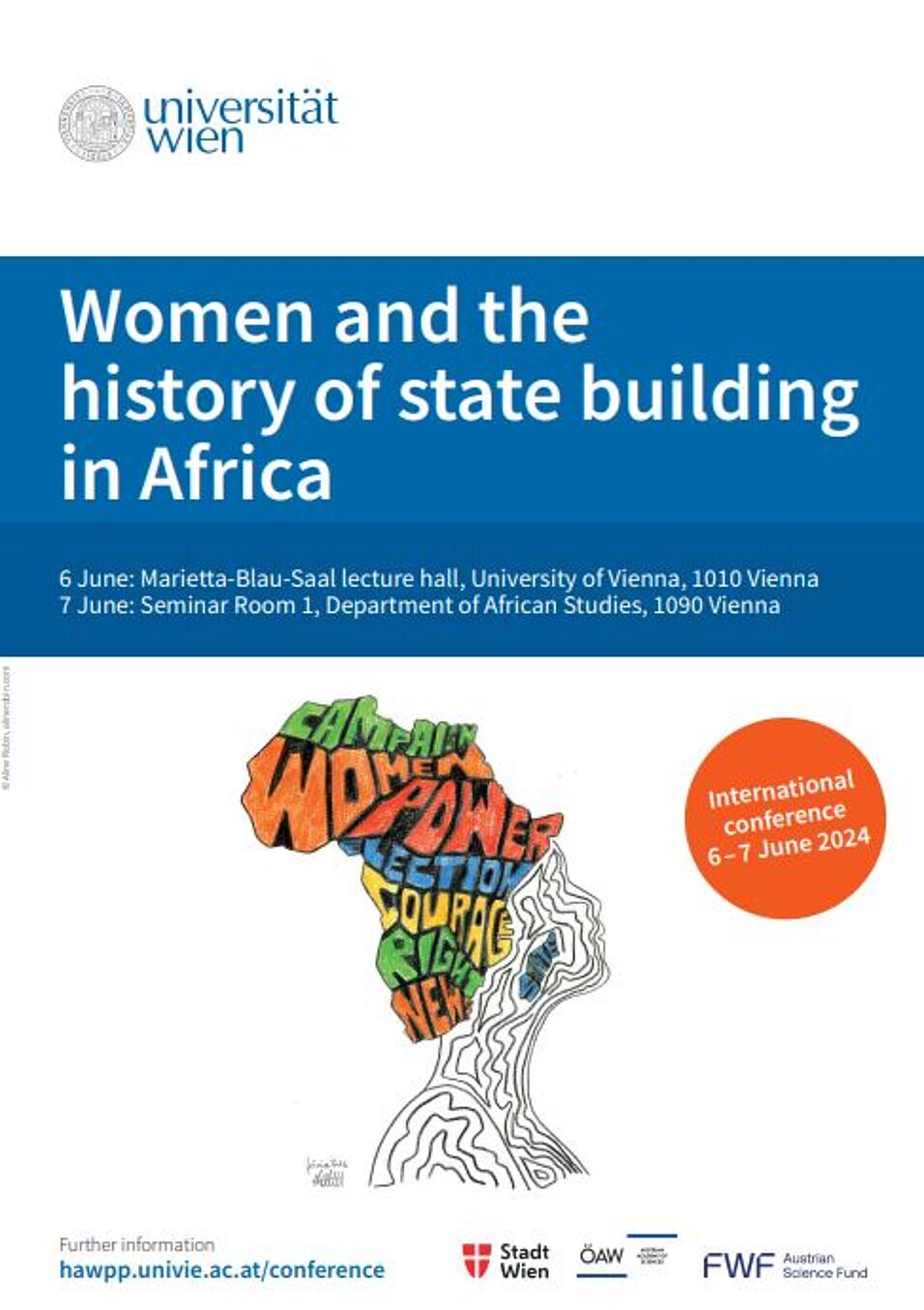As African countries became independent, being represented in state institutions was a political goal for many women, but undoing the legacy of colonial politics and gaining public visibility in the political field was no easy task. Despite serious difficulties and challenges, women vied for offices, campaigned, talked and wrote about politics, voted, and expressed their ideas within various institutions (organizations, political party, unions, local and national assemblies…). They were strategic actors in the processes of postcolonial state building. Yet, their history has remained confined to a separate section of African politics, the “women’s section”. While African political history has long been dominated by male actors, the history of African women in politics has been primarily written from the perspective of grassroots politics and women’s role in social and economic development projects. A new wave of scholarship has recently begun to address this discrepancy in the historiography, with scholars exploring the ways women have challenged established political orders “from the top”, from creative writing to frontal opposition to presidential rule. This literature shows that African women’s politics must be placed at the heart of narratives of state building, party politics, governance and presidential rule, that political narratives need to be complexified, concepts rethought, and that new sources must be sought to acknowledge African women’s complex modes of political imagination, action, and language.
Building on this trend, this conference aims to retrieve histories of African women’s contribution to the postcolonial politics of state building. Who were the women who vied for positions of power, how/why did they campaign (or were appointed), for which ideas? What did they achieve during their political mandates, which challenges did they face? What did they do afterwards, what impact did they have? Which sources are available to document their stories? What are the methodological challenges that emerge when retrieving these sources and/or writing these histories?
More Information: https://hawpp.univie.ac.at/conference/

